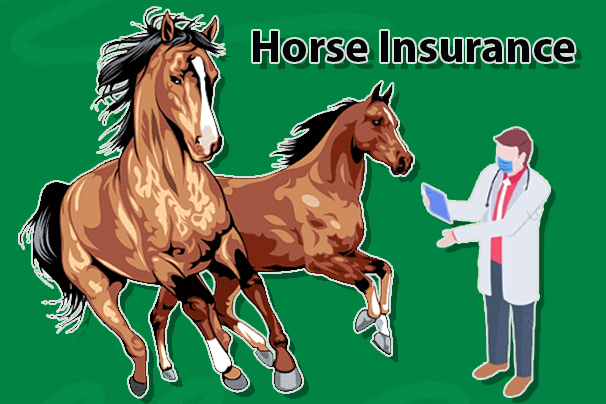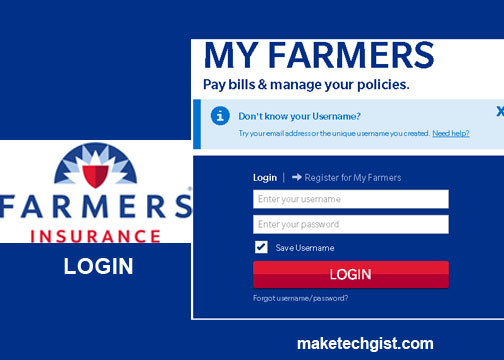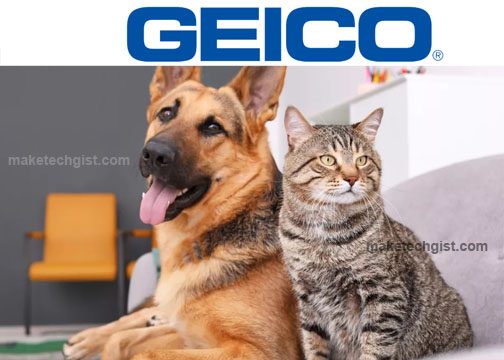If a private horse owner, stable operator, producer, or instructor, you comprehend the strong dedication by getting insurance coverage. With the aid of horse insurance, you can look out for and preserve your horse as a friend and investment. If something goes wrong, the price tag of an emergency might be particularly high.

Therefore, it’s important to look into safeguarding yourself from unforeseen occurrences. If you’re worried about not being able to pay for emergency vet bills or surviving without the money your horse provides, horse insurance can help. Furthermore, this coverage can help you pay for the loss of your horse, as well as veterinarian fees and equipment.
How Horse Insurance Works
Insurance is regularly a good idea when owning a horse. It can be difficult to find the perfect business and coverage for you and your horse. Moreover, when choosing insurance coverage, make sure you comprehend the full document.
The insurance agent can explain any agreements that you do not comprehend. In addition, pay attention to your obligations, such as what measures you should take if your horse becomes ill, wounded, requires medical or surgical treatment, or dies. Furthermore, consider what kind of coverage you might be curious about, such as:
- Breeding failure
- Loss of Usage
- Significant medical mortality.
- Identified dangers
- Surgical
Although your veterinarian may be required to submit a health certificate for your horse’s insurance, any insurance or value-related questions must be addressed and confirmed with the insurer.
Types of Horse Insurance
The type of coverage you choose will be determined by both your financial capabilities and the activities you and your horse participate in. Generally, most policies offer six categories of coverage; some need a combination of several levels of coverage, while others provide standalone coverage.
Medical coverage
This kind of policy specializes in medical coverage resulting from disease, accident, or injury. It can protect you from expenses such as veterinarian fees. Moreover, this coverage will assist with expenditures resulting from diagnosis or treatment (including surgery and medication). Major medical insurance is typically the most costly sort of coverage.
Full Mortality
Most large medical and surgery policies also need full mortality coverage. When the horse passes due to disease or injury, or if he has been taken and not retrieved, full mortality will pay you a flat payment. Moreover, this one-time payment represents both the horse’s current market value and the amount of money provided at the time you signed the policy. Furthermore, if you decide to cancel this coverage, some organizations give you the option of selecting which alternative you want.
Limited mortality
Despite complete mortality, you are not required to carry significant medical or surgical coverage. However, restricted mortality will just compensate you if the horse passes away due to injury or sickness.
Loss of Usage
Generally, it’s restricted to those with high medical insurance. Loss of usage will recompense you if, because of accident or illness, you are no longer able to utilize your horse for the reason for which it was obtained.
Personal liability
It’s required if you plan to let others ride your horse or if you want to take rides in the open. It covers you if your horse injures someone or harms something belonging to someone else. Moreover, if your horse is stabled at home, some homeowners insurance may include this, so check first.
Factors that Affect Horse Insurance Rates
As with any other type of coverage, the cost is determined by several criteria. The following are some of the most important aspects of equestrian insurance.
The Type of Coverage
When it comes to horse insurance, you have several options. Additionally, you can choose restricted mortality with surgery alone, which is the most affordable option. You can also choose a plan that offers more extensive coverage. Furthermore, the more protection you have, the more it costs.
The Deductible
Most horse insurance policies include a deductible. This is the amount you must pay before your plan may begin to cover you. Moreover, if you choose a higher deductible, your insurance premiums will be lower.
Policy Restrictions
Medical protection often includes an annual payout limit. High rates are related to a greater policy limit.
Horse’s Value
Insurers utilize the actual worth of your horse to calculate the cost of mortality policies. It is not always easy to determine how much anything is worth. If you had just bought your horse, its value would be the same as the cost of buying it. If you use your horse to generate income, its value may increase. You will have to persuade the insurance company of the horse’s value. The horse’s age also influences its worth and may have a lower value.
The simplest way to determine how much insurance for your horse could vary is to obtain quotations from multiple businesses. However, each provider offers different protections, making it hard to compare coverage.
How Much Does Horse Insurance Cost?
A simple horse insurance plan to protect a well-maintained horse can be very cheap concerning other horse owners’ bills. However, that cost will be influenced by various factors:
Age
Most horse age could make their insurance costs rise. Newborn insurance is normally offered when your horse is 30 days old, but some providers may even give coverage before it’s born.
Medical history
If your horse has a history of medical difficulties or is currently experiencing any health issues, providers may raise the cost of insurance or exclude pre-existing diseases.
Breed
Some horse breeds may be more susceptible to medical or behavioral issues. Your insurance premiums may be higher than usual if you own one of these breeds.
Free contribution
You can offer to pay a percentage of your horse’s veterinarian fees. This is known as ‘excess.’ Many policies have a set excessive amount, although you may raise it to minimize your rates.
Coverage level
Insurers typically offer choices to adjust the level of coverage provided by their policies. Selecting add-ons or extra payouts from your coverage will impact your cost.
Income you earn
If you earn cash from your horse through competitions, riding lessons, or renting out your horse, expenses will be more costly, and rates will climb as you make more.
Activities
The activities you participate in with your horse may impact your policy if they are entertainment, advertisement, or contest.
Security
The cost of horse insurance may vary according to whether you keep your horse in a stable, backyard, or on your assets.
In addition, an estimate for a 7-year-old Quarter Horse mare is purchased for $5,000, has never suffered from colic, and has had no past claims. This costs about $250 per year for $5000 of urgent care colic coverage and $5000 for health coverage, with deductibles varying from $250 to $1100. Moreover, the mortality rate was almost 50/50 between market and pre-agreed value.
How to Select a Horse Insurance Provider
Choosing a horse insurance company is an important choice. You’ll appreciate knowing that the insurer can be available to you when you encounter an issue. Additionally, ask friends or family about the insurers with whom they have had experience.
Moreover, look for evaluations on any type of coverage provider you are considering utilizing. Pay attention to how companies interact with one another when you approach them for a quote. Then, choose a company that truly has your satisfaction in mind.
Furthermore, review the quotations once. Get an example of policies so that you can review the details. Lastly, ask regarding the claim system and the time it will take for a claim to be evaluated.





